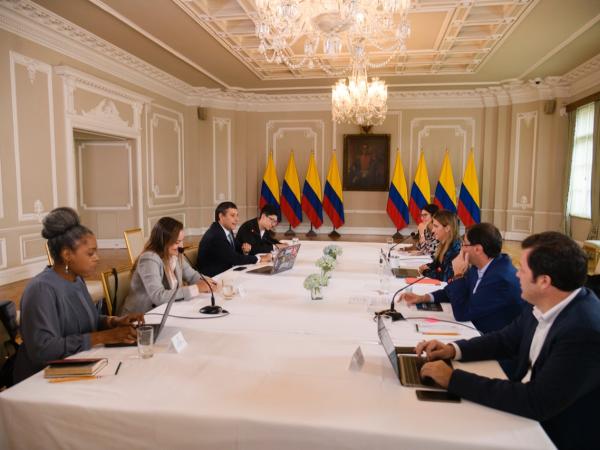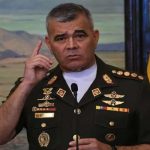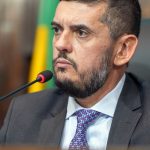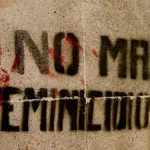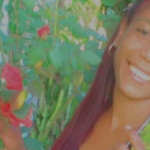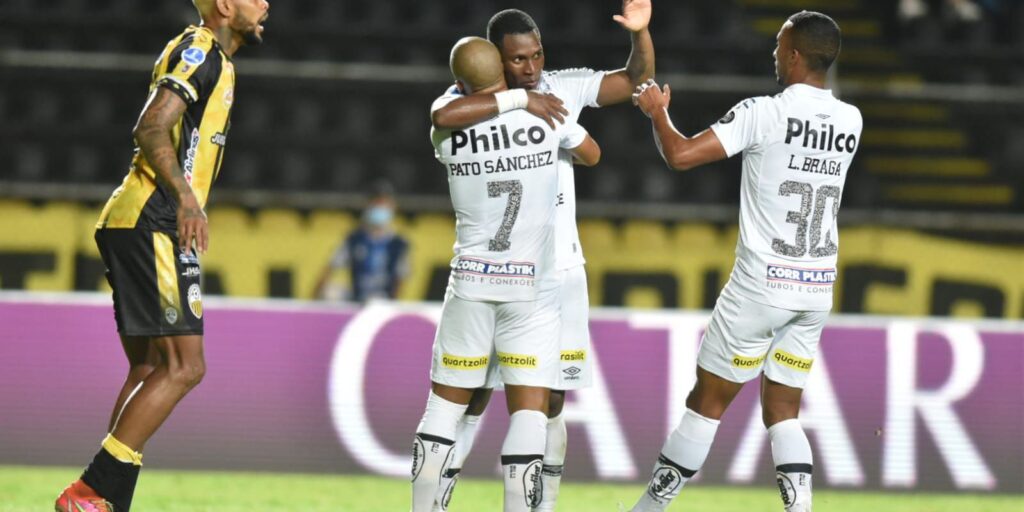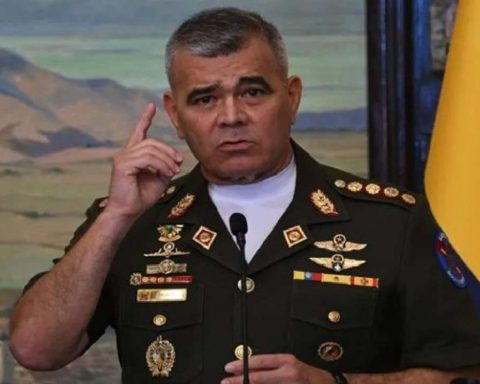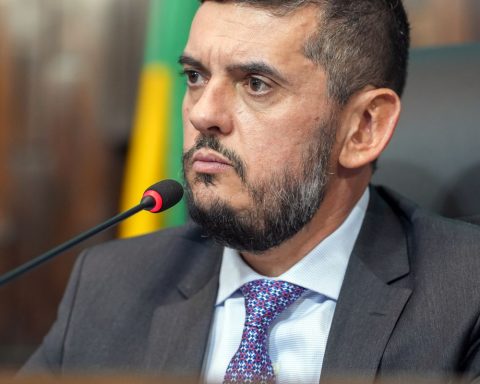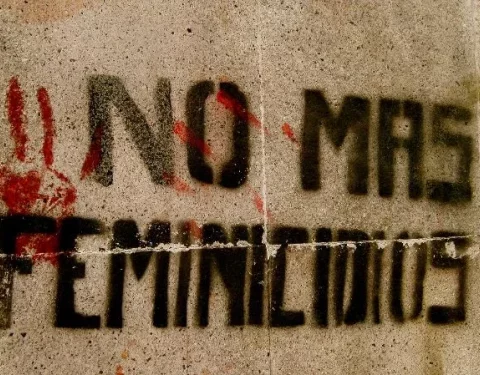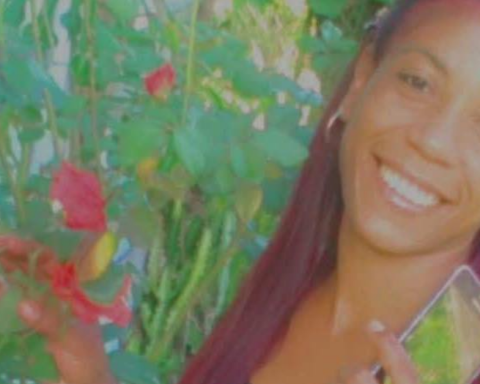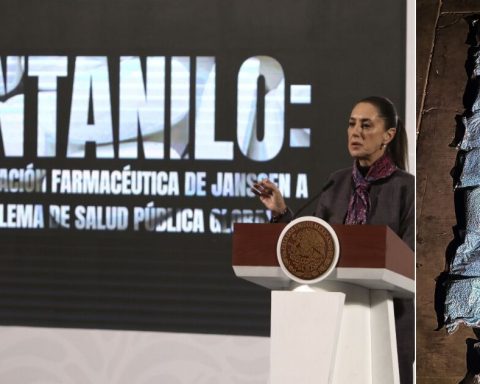On Wednesday, June 29, the sectoral junction meetings began between the outgoing government team, that of Iván Duque, and that of the elected president, Gustavo Petro, where the meetings of the Transport, Commerce and Public Function sectors were held, in the morning hours, while in the afternoon the shift was for the Labor, Interior, Justice and Treasury sectors.
As former congressman Mauricio Lizcano, one of the coordinators of the splicing committee appointed by Petro, made known in statements to RCN Radio, the meetings will continue in the coming weeks, to have a preliminary report on July 20 that would be delivered as a report. to the elected president on July 23.
“We hope it will be ready by those dates, to present a report to both President Gustavo Petro and those he appoints in the new government.”, also said after the day the head of debate for Petro’s presidential campaign, Alfonso Prada, designated for the junction of the Interior portfolio.
(Read: Uribe said that he will support what he considers positive from the Petro government).
Prada also said that the meeting “is a respectful meeting in which an incoming and an outgoing government share information. It is about putting in black and white the situation of the ministry, the challenges, the way they have faced them, and how they have met the goals, how is the budget and the administration”.
The process is expected to continue today. Starting at 10 in the morning, it will be the turn of the sectors of Education, ICT, Science and Health, and in the afternoon hours, it will be the turn of Defense and Vice Presidency.
This Friday, on the other hand, the respective meetings for the Foreign Ministry, Sports, Housing and Culture sectors will continue in the morning, and in the afternoon they will be those of Mines and Energy, Environment and Agriculture.
Just yesterday, at the Palacio de San Carlos, the headquarters of the Ministry of Foreign Affairs, the Vice-Chancellor, Martha Lucía Ramírez, met with the Minister of Relations appointed by Petro, Álvaro Leyva, and discussed some key issues of the portfolio such as the country’s international position, foreign investment, growth, job creation and greater support from the international community for migration policy. This as a prelude to the meeting that will be held tomorrow.
Finally, next Tuesday the sectoral meetings for the Presidency will culminatethe National Administrative Department of Statistics (Dane) and the Department of Social Prosperity (DPS).
Meeting with Uribe
Yesterday, the president-elect held another meeting space with the former president and former senator of the Democratic Center, Álvaro Uribe, of whom Petro has been an opponent for the last decades. In the private meeting that took place yesterday morning, both held a meeting alone for about 30 minutes and the economy was one of the central points. They also discussed security, agrarian reform and the pension system. Both agreed to maintain a dialogue channel, although Uribe assured that he will contribute “as an opposition force.”
Later, the debate chief of Petro’s presidential campaign, Alfonso Prada, and the senator for the Democratic Center, Ciro Ramírez, joined in the space; Alirio Barrera, former presidential candidate for the Democratic Center; Nubia Stella Martínez, director of said party, and Democratic Center) and representative Juan Fernando Espinal, also of the party.
(Also: Why it will be necessary for Gustavo Petro to make a tax reform).
Although the president-elect did not make any statement after the meeting, Prada said in a speech to the media that “the meeting was friendly, very courteous. A message of cordiality towards the country is being built, in which we can show all Colombians, without political, regional or ethnic distinction, that we can build on difference”.
Prada also said that there was talk of receiving feedback from former president Álvaro Uribe, with coincidence points and distance points. “We opened a channel of dialogue that we hope to maintain throughout the government,” she added.
On the other hand, from the Democratic Center, Uribe expressed his gratitude to the president-elect for the meeting. “We share all the effort that is made so that this country overcomes the situation of poverty, but that cannot be at the cost of withering the private sector. That policy would be unsustainable and would lead us to more poverty,” said the former president.
The former senator also said that taxes were one of the central points of the meeting, and from the party it was reiterated “that taxation must be kind” and that the taxpayer must pay with pleasure. “There are social exemptions, such as not charging VAT on the family basket, there are exemptions that help growth or job creation, that is not a tax for the rich, it is a stimulus to productive expansion,” he assured.
He also said that concern was expressed with the tax on wealth and dividends. “We talked about progressivity, I would say that it was a dialogue that we are grateful for, we listened to him and he listened to us. It was constructive,” said Uribe, who assured that they also “expressed their concern about what the termination of the pension funds may be.”
BRIEFCASE
